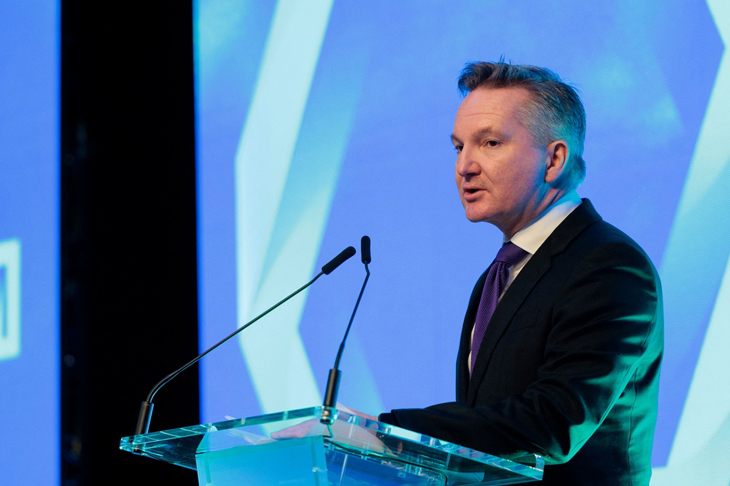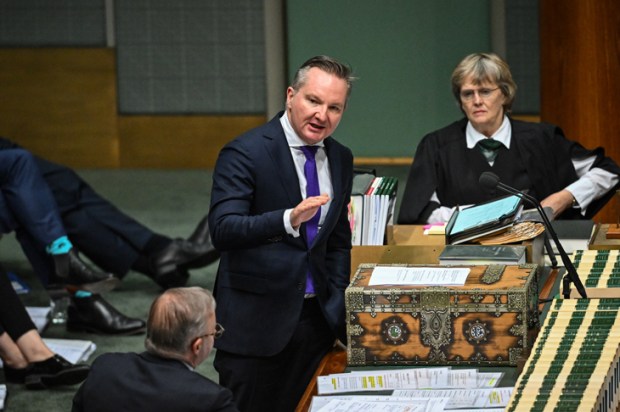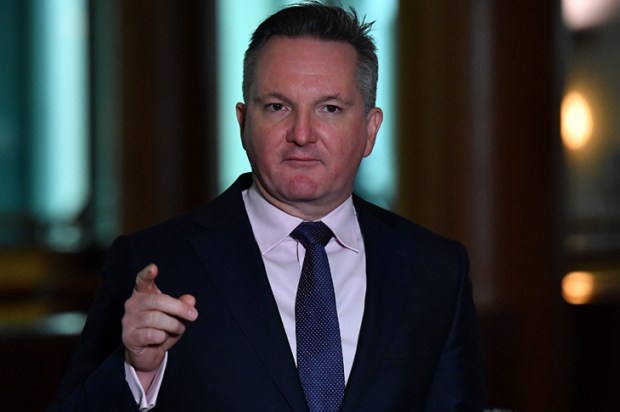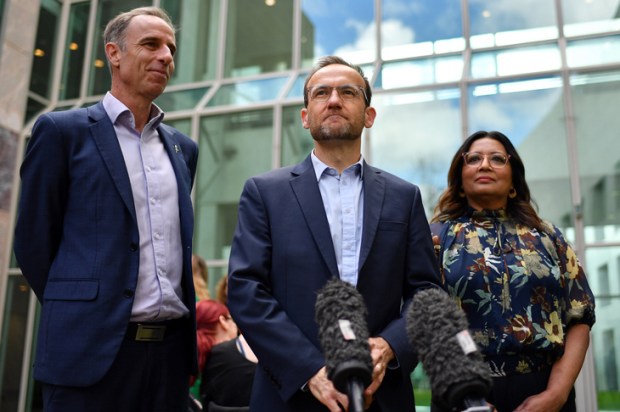The famed ‘cultural cringe’ of the Sixties and Seventies was exacerbated by the realisation that most artistic and fashionable trends back then tended to arrive on our shores several months or even years after capturing the imagination of our European and American cousins. This was largely due to the tyranny of distance and the time it took for goods and merchandise to be shipped here, but it was also an inevitable result of us being cut off from the daily discourse of life in the ‘swish’ capitals we so desired to emulate.
Already a subscriber? Log in
Subscribe for just $2 a week
Try a month of The Spectator Australia absolutely free and without commitment. Not only that but – if you choose to continue – you’ll pay just $2 a week for your first year.
- Unlimited access to spectator.com.au and app
- The weekly edition on the Spectator Australia app
- Spectator podcasts and newsletters
- Full access to spectator.co.uk
Unlock this article
You might disagree with half of it, but you’ll enjoy reading all of it. Try your first month for free, then just $2 a week for the remainder of your first year.















Comments
Don't miss out
Join the conversation with other Spectator Australia readers. Subscribe to leave a comment.
SUBSCRIBEAlready a subscriber? Log in